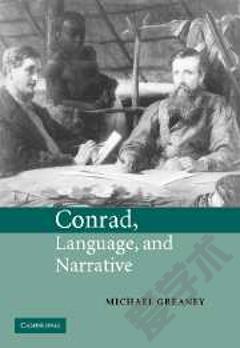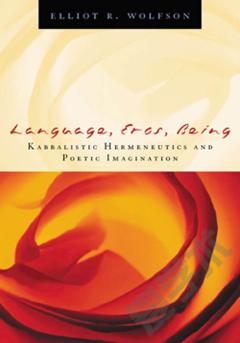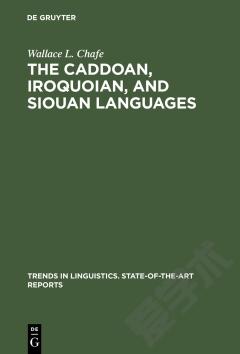Conrad, Language, and Narrative
In this re-evaluation of the writings of Joseph Conrad, Michael Greaney places language and narrative at the heart of his literary achievement. A trilingual Polish expatriate, Conrad brought a formidable linguistic self-consciousness to the English novel; tensions between speech and writing are the defining obsessions of his career. He sought very early on to develop a 'writing of the voice' based on oral or communal modes of storytelling. Greaney argues that the 'yarns' of his nautical raconteur Marlow are the most challenging expression of this voice-centred aesthetic. But Conrad's suspicion that words are fundamentally untrustworthy is present in everything he wrote. The political novels of his middle period represent a breakthrough from traditional storytelling into the writerly aesthetic of high modernism. Greaney offers an examination of a wide range of Conrad's work which combines recent critical approaches to language in post-structuralism with an impressive command of linguistic theory.
{{comment.content}}








 京公网安备 11010802027623号
京公网安备 11010802027623号